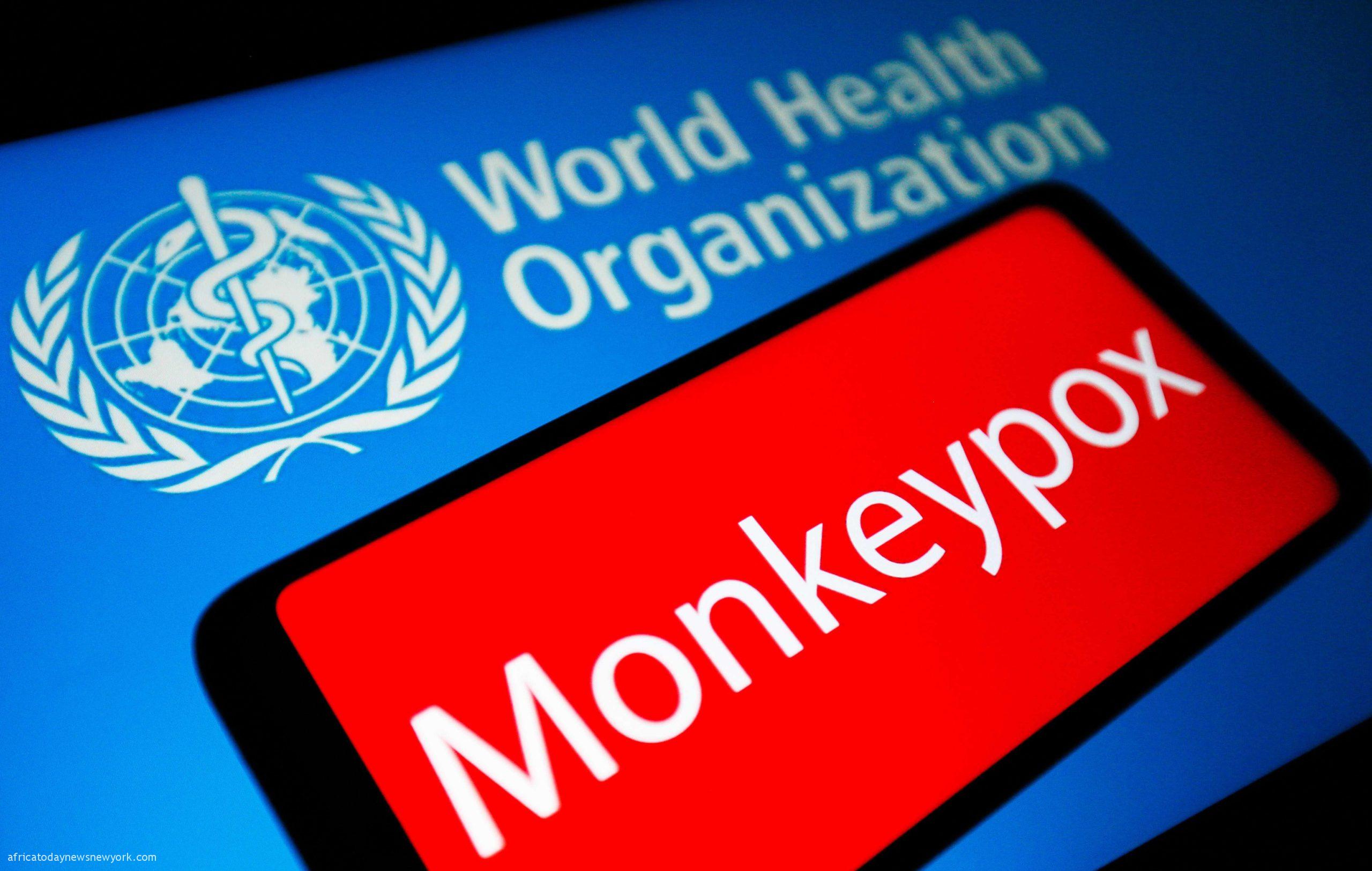Monkeypox experts discussed Thursday whether the World Health Organisation should classify the outbreak as a global health emergency — the highest alarm it can sound.
Africa Today News, New York reports that the WHO’s emergency committee on the virus had its second meeting to discuss the deteriorating situation after receiving reports of roughly 15,400 cases from 71 different countries, according to the US Centers for Disease Control and Prevention.
Since early May, there has been an increase in monkeypox cases outside of the West and Central African nations where the illness has long been endemic.
In order to determine if monkeypox qualifies as a PHEIC, the UN health agency’s highest level of alert, the WHO organised an emergency committee of specialists on June 23.
Read Also: Anxiety As Kwara Confirms First Case Of Monkeypox
But a majority advised the WHO’s chief Tedros Adhanom Ghebreyesus that the situation, at that point, had not met the threshold.
The second meeting was called with case numbers rising further.
‘I need your advice in assessing the immediate and mid-term public health implications,’ Tedros told the start of the meeting, which lasted more than six hours.
If the committee advises Tedros that the outbreak constitutes a PHEIC, it will propose temporary recommendations on how to better prevent and reduce the spread of the disease and manage the global public health response.
But there is no timetable for when the committee will reach their conclusions from the meeting or make the outcome public.
Ninety-eight percent of reported cases ‘are among men who have sex with men (MSM) — and primarily those who have multiple recent anonymous or new partners,’ Rosamund Lewis, the WHO’s technical lead for monkeypox, told a press conference on Wednesday.
They are typical of young age and chiefly in urban areas, according to the WHO.
Tedros said Thursday that this posed a challenge, as in some countries, ‘the communities affected face life-threatening discrimination’.
‘There is a very real concern that men who have sex with men could be stigmatised or blamed for the outbreak, making the outbreak much harder to track, and to stop,’ he told the meeting.
Tedros said the first committee gathering helped delineate the dynamics of the outbreak, but he remained concerned about the number of cases.
Despite an apparent declining trend in some countries, six nations reported their first cases last week.
‘As the outbreak develops, it’s important to assess the effectiveness of public health interventions in different settings, to better understand what works, and what doesn’t,’ he said.
Tedros also said information coming from endemic countries in Africa was “very scant”, making it hard to characterise the situation in the region and design interventions.
A viral infection resembling smallpox and first detected in humans in 1970, monkeypox is less dangerous and contagious than smallpox, which was eradicated in 1980.

